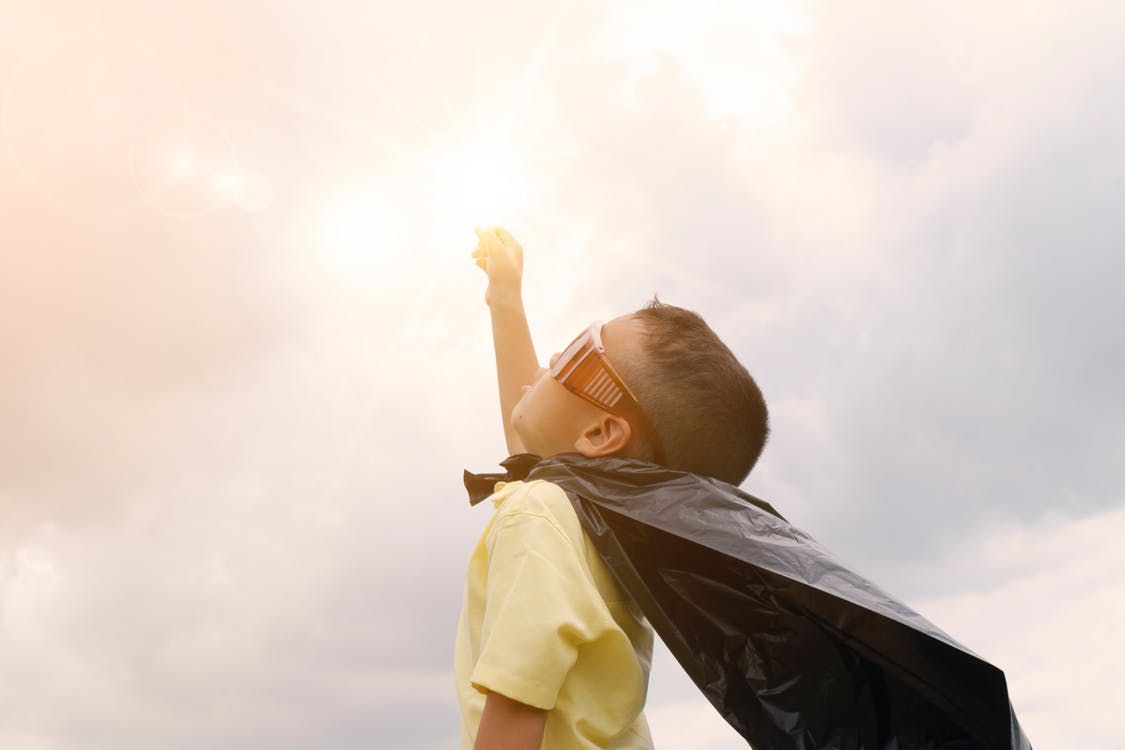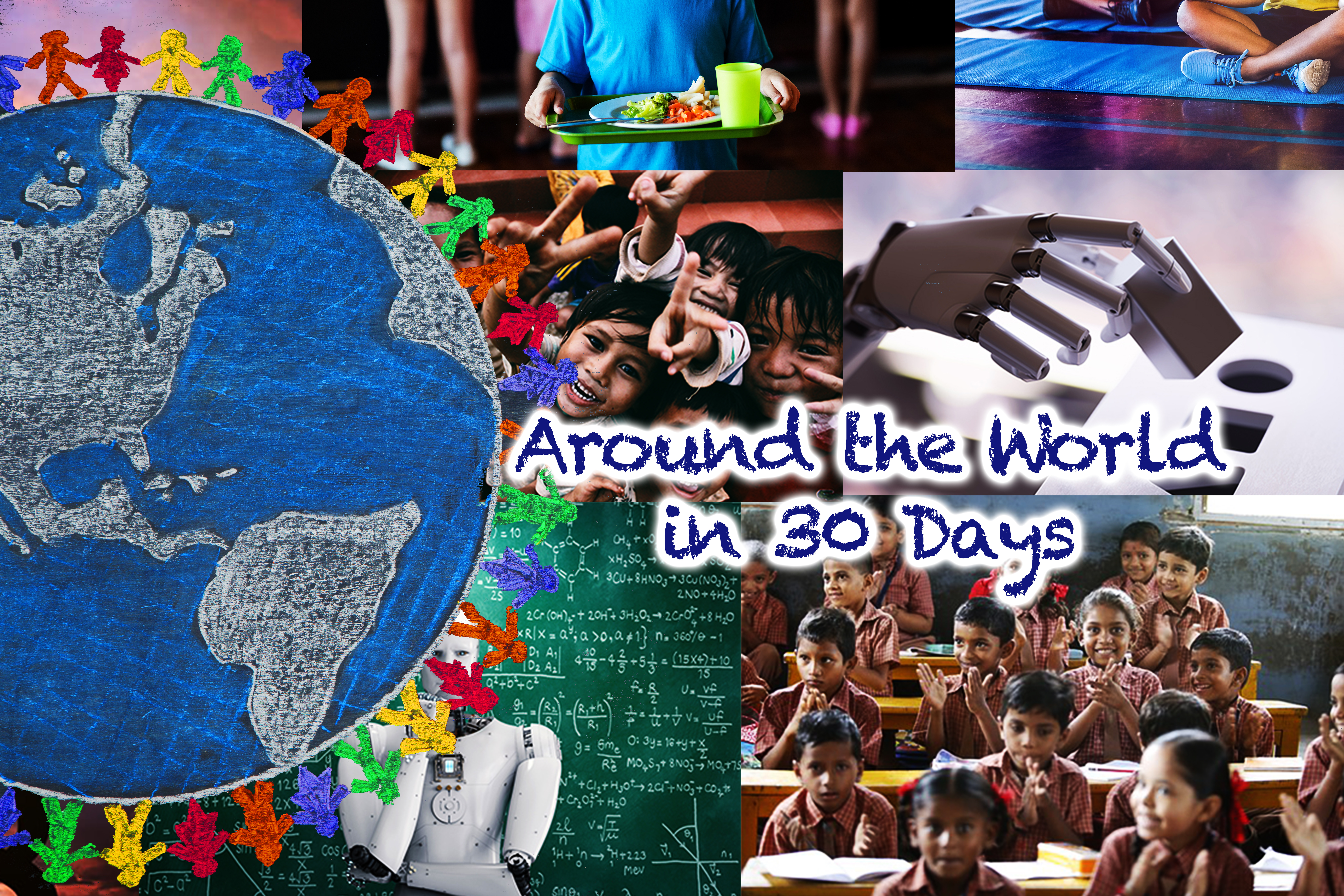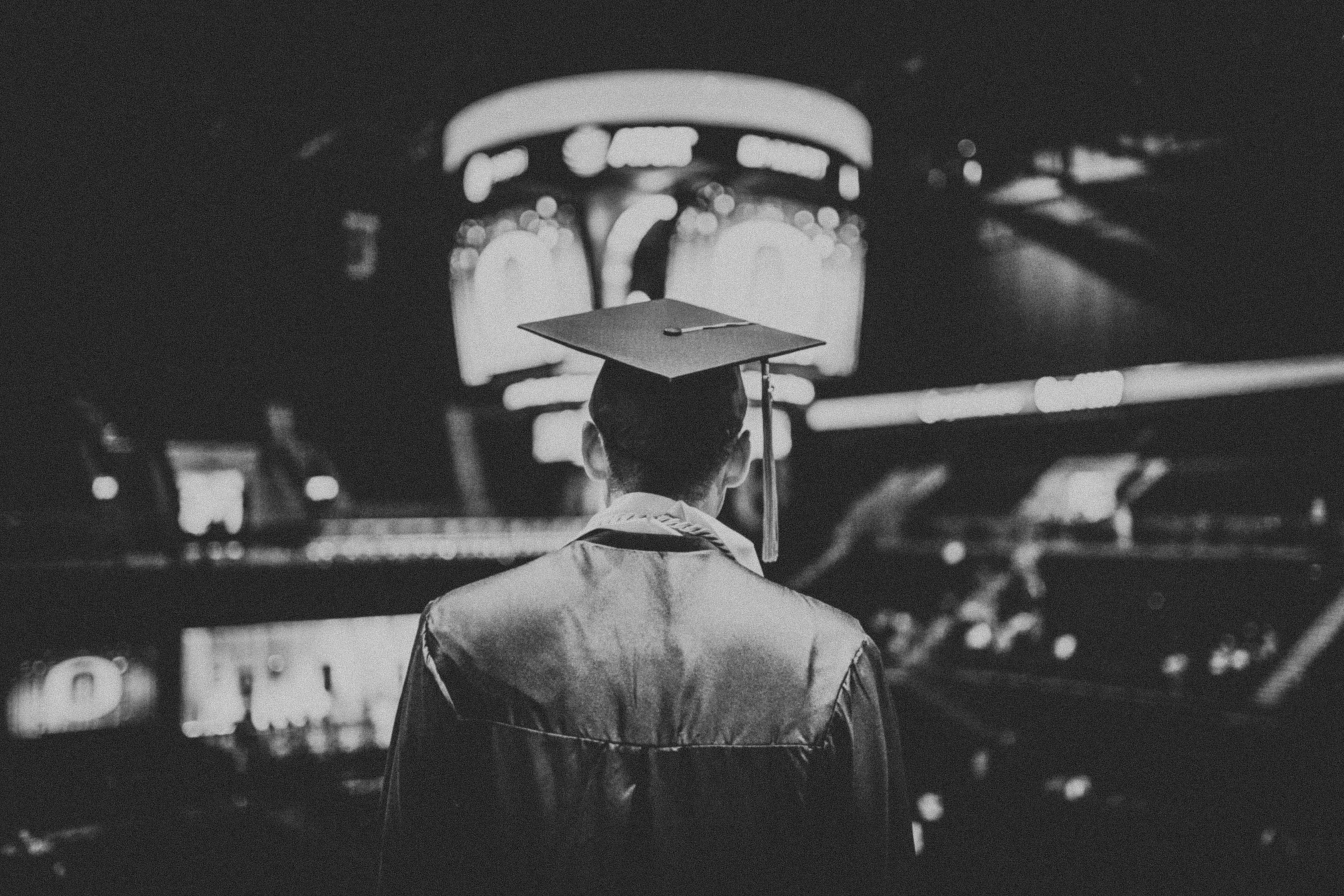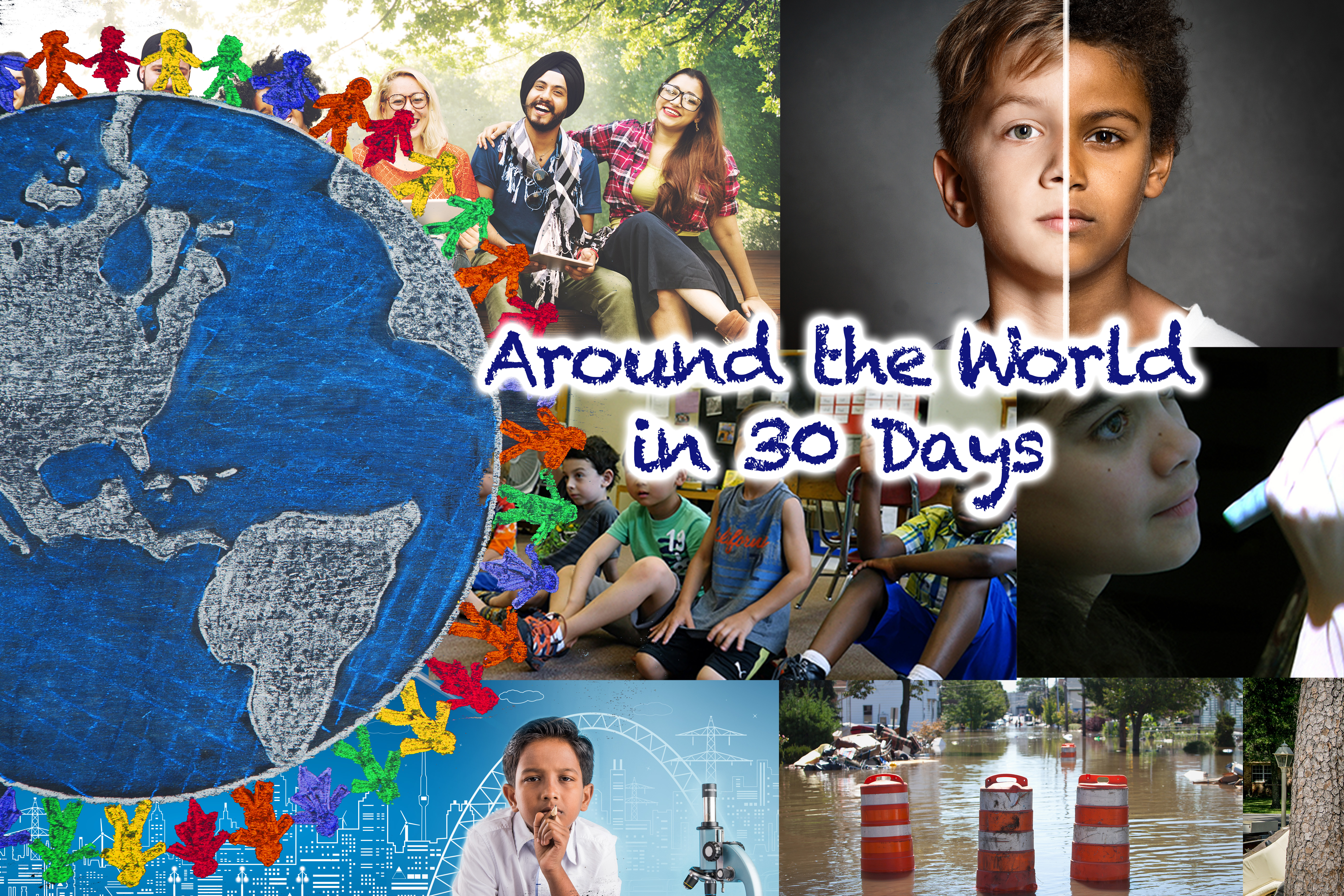“Education at its core is ‘social work’, meaning that growth, learning, and change happens between and among human beings when they interact with one another.” — Alan Daly
“Education at its core is social work”, says Alan Daly, meaning that “growth, learning, and change happens between and among human beings when they interact with one another.” And, in the context of a rapidly changing global knowledge society, Daly believes education needs updating to establish a more “relational research and practice agenda”.
Daly is chair and a professor of the Department of Education Studies at the University of California, San Diego. He is one of the authors of a new book, Future Directions of Educational Change (edited by Helen Janc Malone, Santiago Rincón-Gallardo, and Kristin Kew; Routledge, 2018), an anthology which brings together timely discussions on social justice, professional capital, and systems change from some of the leading global scholars in the field of education.
Bridging the gap between research and practice is important, says Helen Malone, “to encourage innovation, creativity, autonomy, and socially just cultures and practices.” This nurtures “more equitable schooling, long-term community engagement, and allows time for policy enactment.”
The Global Search for Education welcomes Alan Daly to talk further about “teamwork” in the journey to improving learning.
“Creating, nurturing, and sustaining high quality relations enables the movement of knowledge and practices amount educators. Our ability to be vulnerable with one another supports us in developing high trust ties, which creates a supportive condition for risk taking to occur.” — Alan Daly
Alan, what’s been the traditional approach to this area of educational change? What’s missing for today’s world?
For far too long in the educational endeavor we have taken a more “knowledge” or “human capital” approach to educational change. This traditional approach includes training, professional development, and building the knowledge base of the individual. This orientation has driven most educational policies worldwide and has yielded some gains, but has perhaps not reached its promise.
What is all too often absent in these more training/knowledge based approaches to educational change is the key role of the interactions between and among practitioners as they go about their important work.
What do you see as the most important benefits of making this shift? How will this improve the way children learn?
Education at its core is “social work”, meaning that growth, learning, and change happens between and among human beings when they interact with one another. This set of interactions also has value or “capital”, which is described as “social capital”. Social capital is the value that can be drawn from a set of interactions between individuals. For example, when teachers collaborate and share resources with one another they are generating a form of social capital and that set of interactions has the potential both personal and professional value. Understanding, leveraging, and deploying these social networks for growth and improvement is what drives a more socially networked approach to educational change. Connecting more to the social side of change in educational systems is the work of the successful educational systems.
This shift requires attending to not only the quantity of social ties we possess, but also the quality of those ties. Creating, nurturing, and sustaining high quality relations enables the movement of knowledge and practices among educators. Our ability to be vulnerable with one another supports us in developing high trust ties, which creates a supportive condition for risk taking to occur. Absent the ability to take risks and to innovate, systems are less likely to develop deep, systemic, and sustainable approaches to change that are so needed in the current educational climate.
“Schools, researchers, and policy makers will benefit by lessening the isolation and balkanization and benefit from stronger ties between one another.” — Alan Daly
What needs to be done at the research, school and policy level to bring about the changes you recommend?
Viewing the world from a more relational perspective does not supplant the importance of training and professional development, rather, it provides an important supplement to the work. Shifting the focus to being not just about me or we, but rather, about the me and we, is reiterated in a growing body of research. There is latent potential and wisdom in the collective, and our ability to tear down walls and create bridges between and among educators will allow that wisdom and knowledge to flourish. It will take thoughtful educators and leaders in the space to bring together diverse perspectives and approaches for true innovation to occur. In this time of divisiveness and exclusion, we need to not be defined by our differences, but rather, strengthened by them and recognize we all bring value to the work.
What do you see as the important benefits for those concerned?
Schools, researchers, and policy makers will benefit by lessening the isolation and balkanization, and benefit from stronger ties between one another. Educational policies that focus on both the knowledge necessary for change as well as the strong networks for that change to take place will be best positioned for success in the future. The goal of system level change can only be realized through interaction among all stakeholders done in caring and nurturing spaces that allow for vulnerability to be a core condition. We are “poised for a resurgence of building social relationships in the work of education at all levels.” We need to look at what constitutes a system and how to embrace the interdependence we cultivate among participants. That is the real social work we have before us.
Thank you Alan.
(All photos are courtesy of CMRubinWorld)
C. M. Rubin and Alan Daly
Join me and globally renowned thought leaders including Sir Michael Barber (UK), Dr. Michael Block (U.S.), Dr. Leon Botstein (U.S.), Professor Clay Christensen (U.S.), Dr. Linda Darling-Hammond (U.S.), Dr. MadhavChavan (India), Professor Michael Fullan (Canada), Professor Howard Gardner (U.S.), Professor Andy Hargreaves (U.S.), Professor Yvonne Hellman (The Netherlands), Professor Kristin Helstad (Norway), Jean Hendrickson (U.S.), Professor Rose Hipkins (New Zealand), Professor Cornelia Hoogland (Canada), Honourable Jeff Johnson (Canada), Mme. Chantal Kaufmann (Belgium), Dr. EijaKauppinen (Finland), State Secretary TapioKosunen (Finland), Professor Dominique Lafontaine (Belgium), Professor Hugh Lauder (UK), Lord Ken Macdonald (UK), Professor Geoff Masters (Australia), Professor Barry McGaw (Australia), Shiv Nadar (India), Professor R. Natarajan (India), Dr. Pak Tee Ng (Singapore), Dr. Denise Pope (US), Sridhar Rajagopalan (India), Dr. Diane Ravitch (U.S.), Richard Wilson Riley (U.S.), Sir Ken Robinson (UK), Professor Pasi Sahlberg (Finland), Professor Manabu Sato (Japan), Andreas Schleicher (PISA, OECD), Dr. Anthony Seldon (UK), Dr. David Shaffer (U.S.), Dr. Kirsten Sivesind (Norway), Chancellor Stephen Spahn (U.S.), Yves Theze (LyceeFrancais U.S.), Professor Charles Ungerleider (Canada), Professor Tony Wagner (U.S.), Sir David Watson (UK), Professor Dylan Wiliam (UK), Dr. Mark Wormald (UK), Professor Theo Wubbels (The Netherlands), Professor Michael Young (UK), and Professor Minxuan Zhang (China) as they explore the big picture education questions that all nations face today.
The Global Search for Education Community Page
C. M. Rubin is the author of two widely read online series for which she received a 2011 Upton Sinclair award, “The Global Search for Education” and “How Will We Read?” She is also the author of three bestselling books, including The Real Alice in Wonderland, is the publisher of CMRubinWorld and is a Disruptor Foundation Fellow.
Follow C. M. Rubin on Twitter: www.twitter.com/@cmrubinworld










Recent Comments